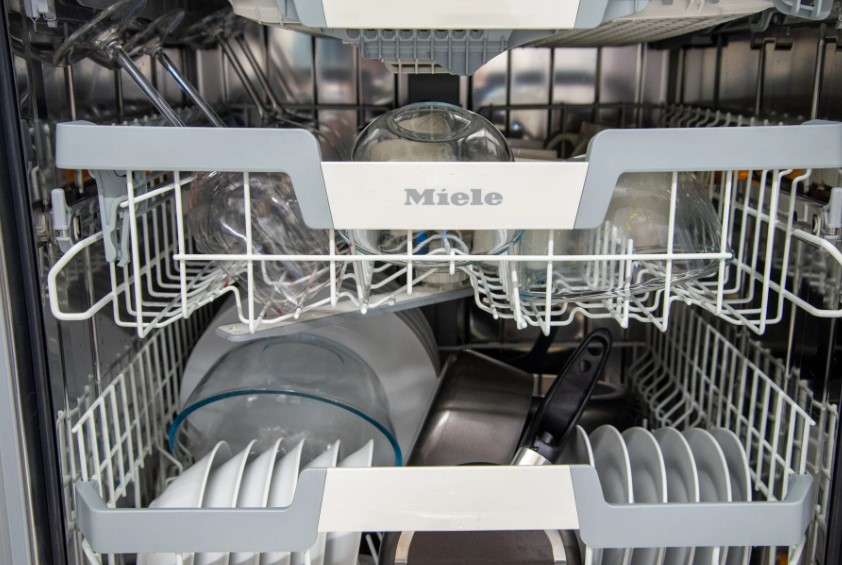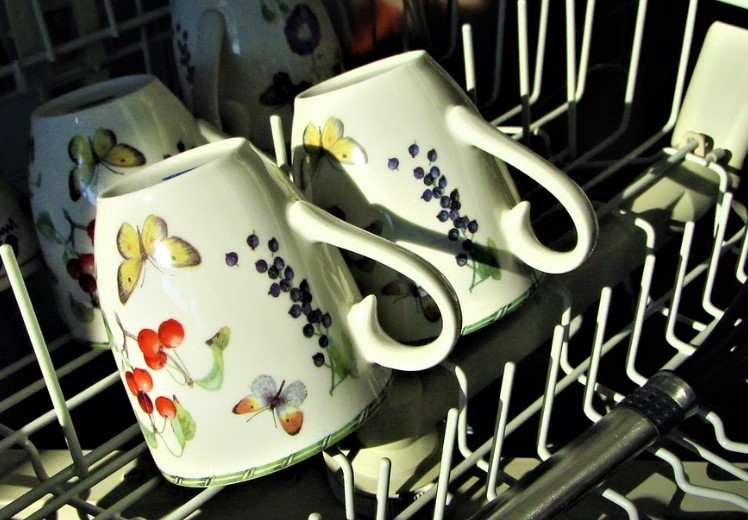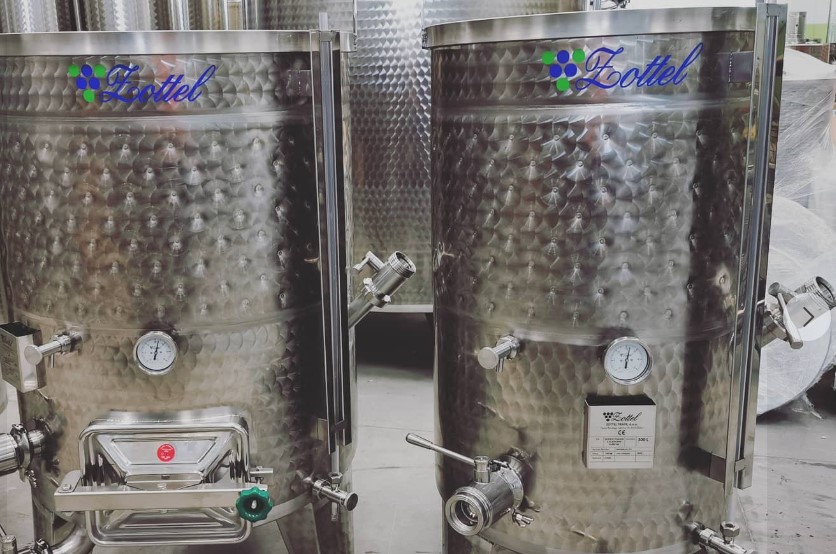Appliances used to last for many years, but that’s not the case anymore. In fact, most appliances only last for around 8-12 years. This means that you’ll need to replace your refrigerator, dishwasher, washer and dryer, oven, and microwave sooner rather than later. But don’t worry, we’ve got you covered. In this blog post, we’re going to give you an overview of longevity of appliances, and then we’ll provide you with tips on how to extend their lifespan.
We’ll also give you a breakdown of the average lifespan for each type of appliance, so you know what to expect. Finally, we’ll provide you with a list of appliances that typically last the longest and why. So, whether you’re looking to replace your appliances soon or you just want to know the average lifespan for each type, read on!
1. Refrigerators 8-12 Years
When it comes to appliances, people have long been worried about how long they will last. In the past, appliances typically lasted around 10-15 years before needing to be replaced. However, times have changed. Today’s average lifespan for an appliance is 8-12 years, which is a decrease from the 20 year lifespan that was typical in the past.
One reason for this change is that technology has improved over time. For example, refrigerators today are able to hold more food and beverages than ever before. Additionally, air conditioning and heating systems have become more efficient so that appliances can maintain a consistent temperature even when there is a power outage.
However, with proper maintenance (cleaning and replacing filters on a regular basis), appliances can last even longer than the average lifespan. In fact, some models can last up to 20 years if they are maintained properly! So if you’re looking for an appliance that will last awhile, don’t hesitate to invest in something new – newer models tend to be more expensive though!
2. Dishwashers 8-12 Years
When it comes to appliances, dishwashers generally last a long time – usually 8-12 years. However, there are a few factors that can affect this lifespan, including water quality and frequency of use. In general, newer dishwashers are more energy efficient and have more features than older models. If your dishwasher is starting to show signs of wear (it may start leaving spots on dishes or clogging), it might be time to start shopping for a new one. When you’re shopping for a new dishwasher, look for one that is energy-efficient and has the features that you need. You don’t want something that’s too big or too small for your kitchen – find the perfect size for your needs!
3. Washers And Dryers 10-13 Years
It’s no secret that appliances are a big investment. We’re constantly buying new ones and taking care of them in a way that keeps them running smoothly. However, with the lifespan of appliances dropping and more people buying them than ever before, it’s important to know how to take care of them so they last as long as possible.
In this section, we’ll take a look at the average lifespan of washers and dryers and discuss some tips for extending their life. Appliances are often a big purchase, so it’s important to do your research before making a purchase. By following these tips, you can make sure that your appliance is going to last for years – even decades!
Appliances are one of those things that don’t typically need much maintenance other than keeping them clean. However, if something does go wrong with your appliance, be sure to take it into service as soon as possible. Many warranties and service plans offer extended coverage on appliances if they’re taken care of properly. Furthermore, by knowing how long your appliance will last before making the purchase, you can save money in the long run by not having to replace it sooner than necessary.
4. Ovens 15 Years
According to the manufacturer, the average lifespan of an oven is 15 years. However, this number can vary greatly depending on a lot of factors, such as how often the oven is used. If you use your oven very seldom, it may last much longer than an oven that is used every day.
While it’s important to keep your oven clean and in good condition, there are also some things that you can do to help lengthen its lifespan. For example, if you have an older model with a convection fan, make sure to turn it off when not in use in order to conserve energy. And if your oven has a glass door or window, be sure to keep it clean – anything that gets stuck on the glass will break and damage the appliance. Ultimately, keeping your appliance in good condition and using it sparingly will prolong its lifespan significantly.
5. Microwaves 9 Years
When it comes to appliances, most people are familiar with the standard model – a refrigerator, stove, or washing machine that typically has a lifespan of around 5 to 10 years. However, there is a new trend in the appliance world – microwaves. In fact, several brands of microwaves have lifespans that exceed 10 years! Why are microwaves lasting longer than other appliances?
One reason is that microwaves are made much better these days. They’re built with heavier-duty components and they’re designed to last longer under normal use. Additionally, proper maintenance can help extend the lifespan of your microwave. For example, keep your doors clean by wiping down the seals with a damp cloth every time you use your microwave. Avoid putting anything inside the oven (except food) and avoid using abrasive cleaning materials on the exterior surface of the machine.
However, even well-maintained microwaves can’t last forever without some problems. Rust is one common issue that shortens a microwave’s lifespan by up to 50%. Grease build- up can also shorten a microwave’s life by causing parts to break or wear out prematurely. And finally, worn door seals and broken parts can also cause problems for your microwave. In most cases, replacing your microwave is usually cheaper than repairing it – so be sure to take care of it!
6. Gas Grills 5-7 Years
Summer is here, and that means barbecues! Whether you’re cooking on a gas grill or an outdoor stove, make sure to take care of it by following these tips.
Gas grills last an average of 5- 7 years and can last even longer if they are taken care of properly. Keep in mind that many factors can affect the lifespan of a grill, such as how often it is used and how well it is cared for. For example, if your grill gets wet or dirty, those conditions can damage the metal parts. Some grill manufacturers offer extended warranties for additional peace of mind. Regular cleaning and inspection can help keep your grill in good condition for years to come. So don’t wait – get out there this summer and enjoy some delicious food!
To Sum Things Up
If your appliances are over eight years old, you may want to start thinking about replacing them. Dishwashers, refrigerators, washers, and dryers typically last between eight and 13 years, while ovens can last up to 15 years. Microwaves usually need to be replaced after nine years. Gas grills typically need to be replaced every five to seven years.











